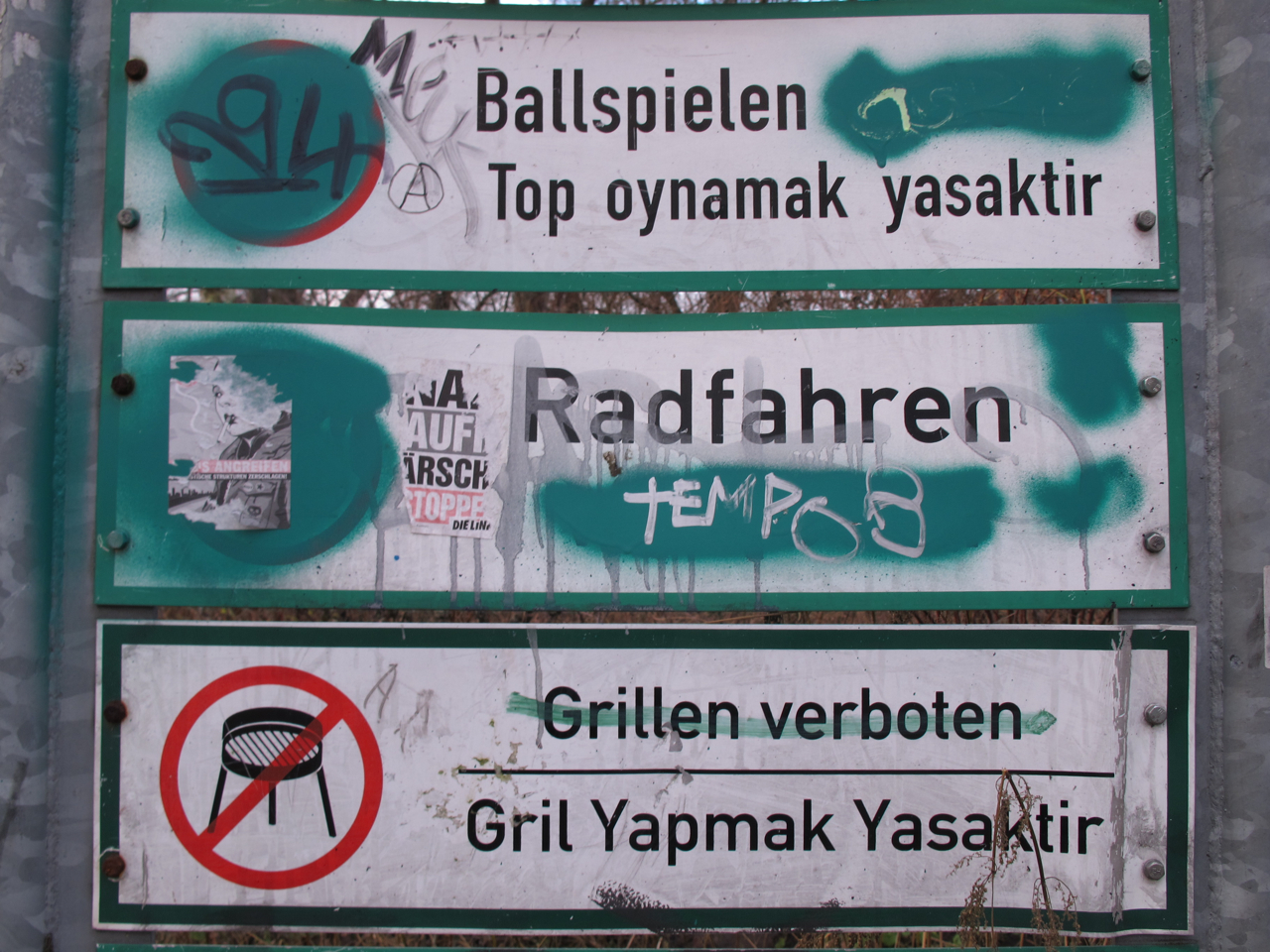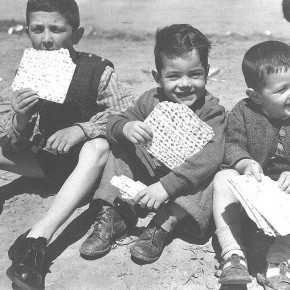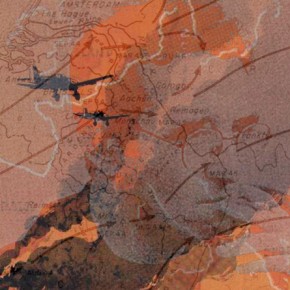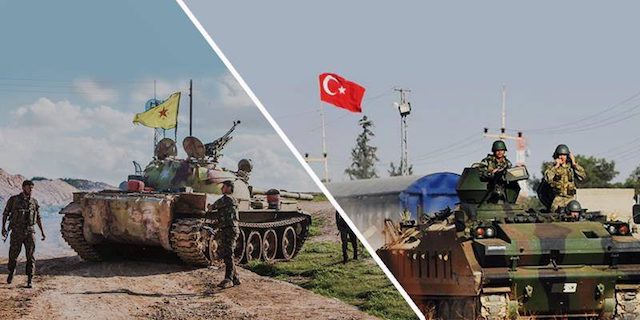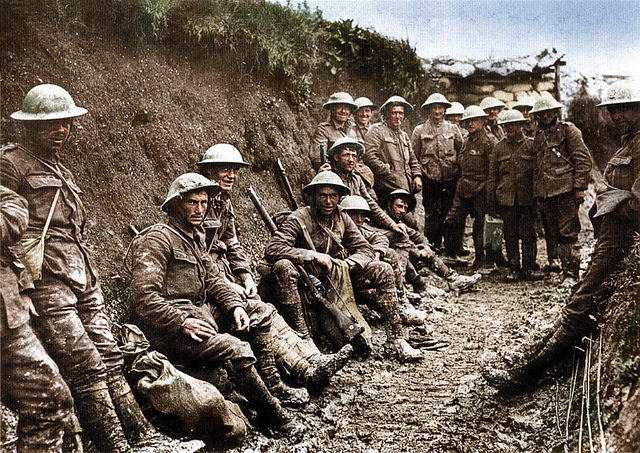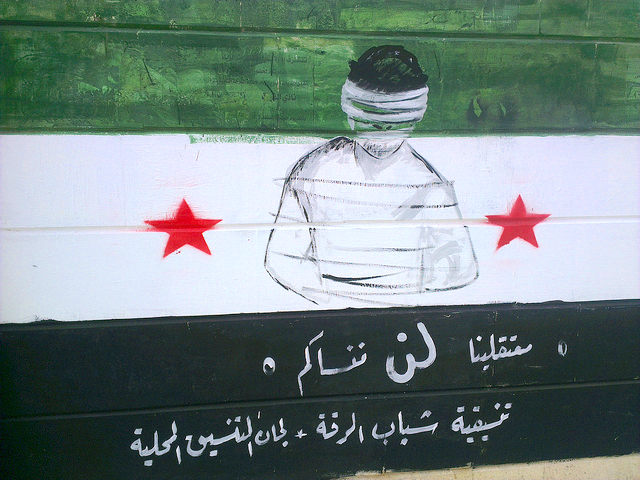Neukölln’s public spaces are full of bilingual signage. This one says several things, including “Grilling is forbidden,” in both Turkish and German. A common sight during the summer, Turkish families can frequently be found grilling meats in Berlin’s municipal parks.
This sign, posted in a small park two blocks from our home, has been high on my to-do list to photograph the past year. Every time I’ve tried to take a picture, however, the light has been awful. Not yesterday. Out early with the dogs, I finally found the right lighting conditions.
Surely, such translations should not be a big deal. In San Francisco, for example, I grew quite accustomed to seeing mixed Mandarin-English signs in my former neighborhood, the inner Richmond. I’m not sure how many remain. I moved to the Mission District in April 2004, where Spanish was more prevalent.
Nonetheless, I always get some kind of vicarious satisfaction out of seeing signs in Turkish, in Germany. Even in Stuttgart, where it’s not uncommon to see graffiti expressing support for leftwing parties, in Turkey. It all might as well be in Hebrew. That’s the significance, I think.
Several weeks ago, a German friend who started a wildly successful guerrilla media company, by accident, asked me for advice on what to say on a television news program he’d been asked to join, as a member of a panel discussing the state of the German news media.
“What would you recommend we discuss?” I recall him asking, looking for a few agenda items to help get himself prepared. “Germany needs a multilingual press,” I remember writing to him. “There need to be more than just English versions of German papers.”
Clearly, if cities like Berlin need bilingual signs like this, one might consider diversifying the language of national news publishing, as well. Deutsche Welle, for example, already publishes in Turkish. Why not Turkish editions of daily newspapers, like Berlin’s Die Tageszeitung?
I don’t mean to downplay the significance of Germany’s Turkish-language news business. It’s here to stay, and it constitute its own integral part of the country’s news media. To wit, as soon as my wife and I moved into our apartment, we were given a free subscription to the German edition of Turkey’s Zaman.
Flipping through its pages for the first time (I had previously programmed its online English edition for a Silicon Valley news aggregator, along with several other Turkish periodicals) I couldn’t help but imagine myself being in Istanbul, not Berlin. The effect upon me, as a reader, and as a foreigner, was quite disorienting.
“Why can’t the Germans translate their own papers for everybody who lives here?” I remember mumbling to my wife, as I stuck the paper in a rack that we’d just picked up at a flea market. A vintage stand for the Berliner Zeitung, I hadn’t paid much attention to the branding until I noticed our new copy of Zaman obscuring Zeitung (“Times.”)
“There’s the hybrid you’re looking for,” joked Jennifer, as I stood there, marveling at my new collage. “Write to them about your idea, and that they ought to create a one-off edition, with some local translators. I’m sure there’s somebody in Berlin who’d do it.”
Photograph courtesy of the author. A shorter version of this post appears on joelschalit.com
